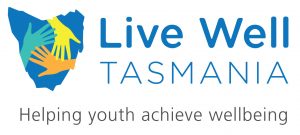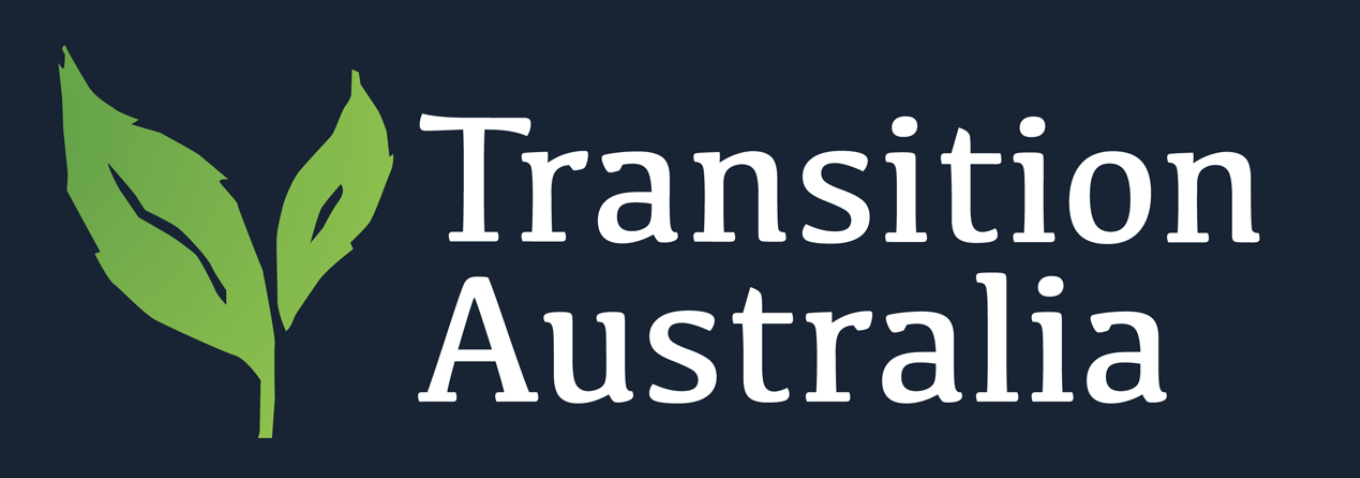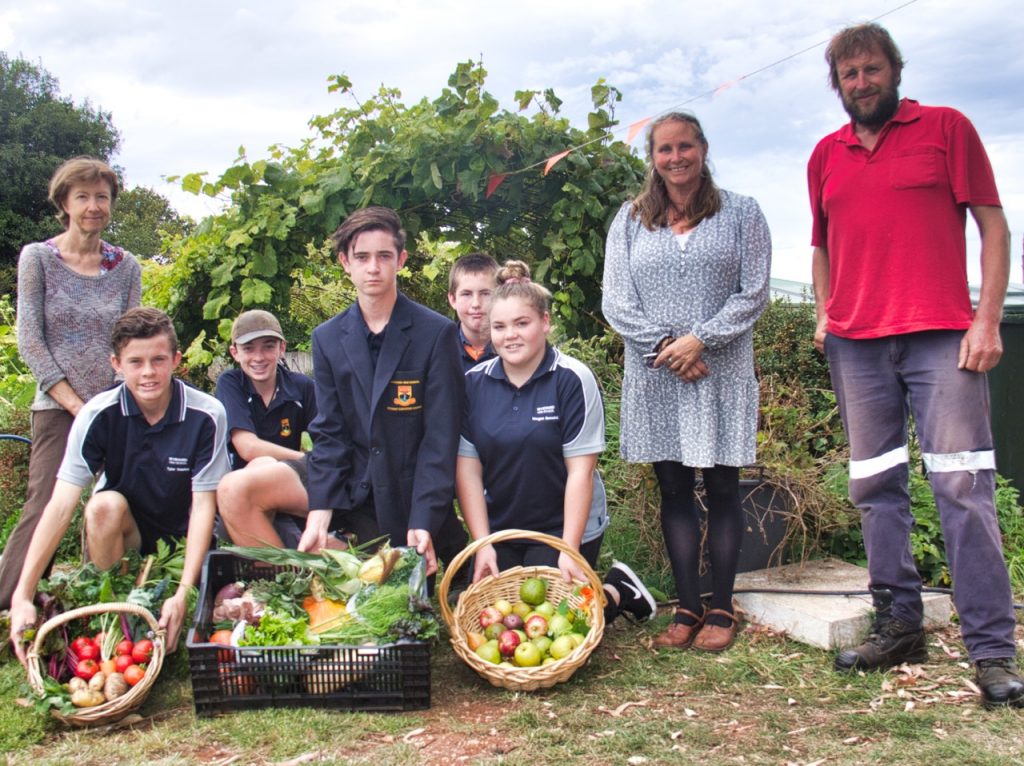Live Well Tasmania’s approach to increasing sustainability is based on Maslow’s hierarchy of needs –before we can take care of the planet, we need to learn how to take care of ourselves. This requires cooperating with others.
Material security or cooperating with others?
However the social systems that have evolved to try and coordinate the actions of vast numbers of people have tended to make us less cooperative – the focus has been on building material security, and much less on the other things that humans need for health and well-being, which is also the basis for cooperative relationships.
Basically our systems generate a level of uncertainty that is not conducive to either cooperation or to motivation for lifelong learning. Ultimately trust levels have suffered causing a significant barrier to building sustainable systems.
Rebuilding trust
Hence at Live Well we are trying to rebuild peoples trust in each other, using activities that are engaging and enjoyable to many people. Arts, crafts, and music are prime examples where people can relax in the company of others and gradually build intra-personal, inter-personal and technical skills necessary for sustainable societies.
Growing and eating food together
However we feel growing and eating food is a particularly important means of increasing skills both to increase self confidence, confidence in others and increase healthy eating. Community Food systems tick lots of boxes for sustainability – where they involve food being grown with much lower ecological footprints, fostering positive social interaction, and increasing healthy eating.
Neighbourhood Supported Agriculture is one example of a community food system where people join together, growing food in their backyard and pooling the produce to decrease ecological footprints.
There are lots of examples of experiments around the world in this space, such as Incredible Edible in Todmorden in the UK. According to their website, they grow fruit, herbs and vegetables around Todmorden that are for everyone to share and run a wide range of events that help strengthen the local community.
In the longer term we are aiming towards the building of an Agrifood Learning region, to foster social learning. A crucial aspect of this strategy Live Well Tasmania is using to build sustainable systems is of Collective Impact – where community groups and other non-government organisations, and government organisations work together towards a common aim.
The more compelling the aim the greater the effectiveness of uniting different organisations.
Robin Krabbe Feb 2018

